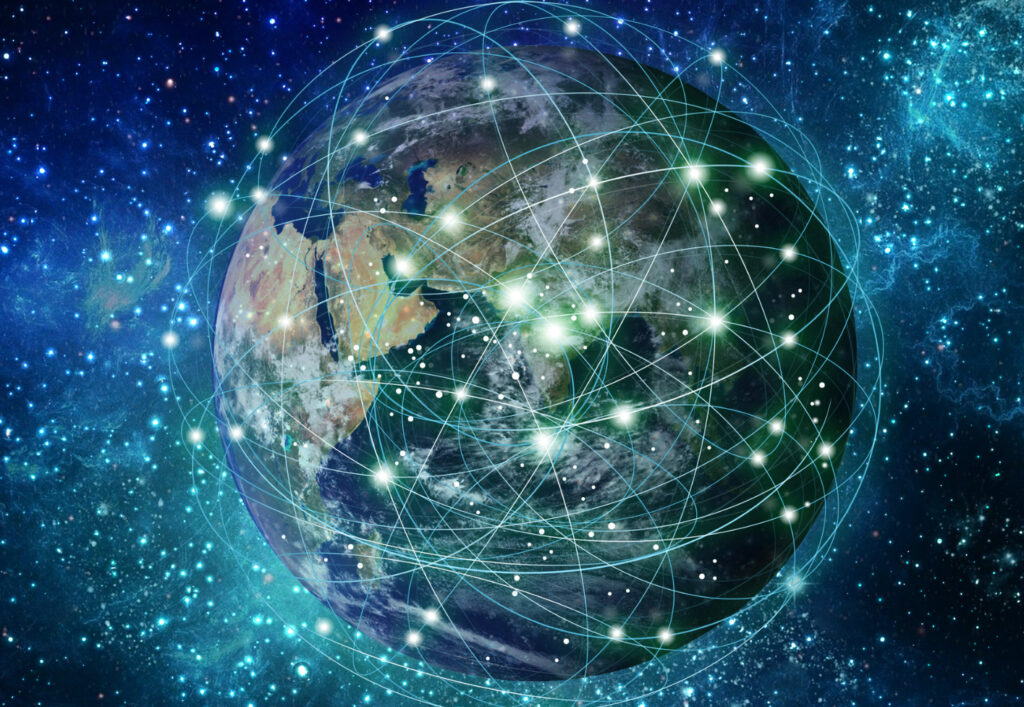
Learn more about Russia’s space nuclear weapons threat, a development that is causing major concern.
A recent statement by John Plumb, US Assistant Secretary of Defense for Space Policy, highlights a major concern for global security: Russia’s development of a space-based nuclear weapon. This initiative, which is distinct from conventional anti-satellite weapons, represents a major threat due to its potentially indiscriminate effects. This development is all the more worrying as Russia, suffering from the exhaustion of its conventional forces, notably on the Ukrainian front, seems to be turning increasingly to nuclear capabilities as a strategic lever.
Potential impact of space-based nuclear weapons
The use of a nuclear weapon in orbit could seriously compromise satellite networks, essential not only for military communications but also for civilian functions such as navigation and meteorology. The effects of such an explosion, going beyond immediate damage, would include widespread electromagnetic disruption, potentially catastrophic for modern electronics-dependent infrastructures. This threat therefore raises an urgent need for new analyses and models to assess and mitigate the associated risks.

Technical Challenges and Cost of Protection
Protecting all US satellites from the effects of nuclear radiation would be not only technically challenging, but also prohibitively expensive. John Plumb emphasizes the unrealistic nature of such a project, given the prohibitive costs and technical complexity involved. Rather, in-depth studies and modeling are needed to better understand the scale of the potential impact and develop strategies to strengthen the resilience of military systems.
Diplomatic framework and international responses
Faced with this threat, the United States, under the leadership of the State Department, is working to convince not only Russia but also other nations that deploying nuclear weapons in space would be a grave mistake. These international discussions aim to build consensus on the non-proliferation of nuclear weapons in space, underlining the importance of diplomacy in managing such disruptive technologies.
The need for a stronger space policy
The importance of a dedicated space policy was reinforced by the conflict in Ukraine, where satellites played a crucial role. The creation of the position of Assistant Secretary for Space Policy, confirmed by the Senate, responds to an increased need for oversight and coordination in the face of growing threats in this field. Rising dependence on satellite networks and accelerating threats require sustained attention and well-coordinated strategic responses.
War Wings Daily is an independant magazine.